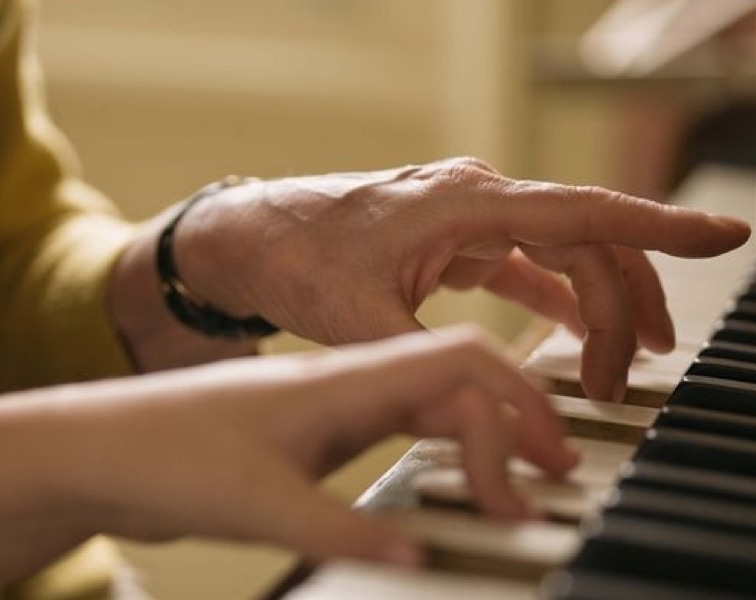
Is the backing track too fast?
You want to practise for your exam. You take out the CD from the envelope at the back of the book, but horror of horrors, it goes at the speed of light, and you can't keep up.

You want to practise for your exam. You take out the CD from the envelope at the back of the book, but horror of horrors, it goes at the speed of light, and you can't keep up.

The best way to improve your sight-reading at the piano is to play a lot more music, and have a teacher guide you about what you are doing right, and what you are doing wrong. But there are lots of books on the market that can help.

There seems to be a view that 8 years old is a good age to begin piano lessons: by that age children have sufficient mental and physical capacity, etc. But is it true?

I constantly re-iterate "Pitch, Rhythm, Fingering" when students start to learn a new piece: it helps their learning. Pitch and Rhythm alone are not enough.

This book for beginners at the piano is a breath of fresh air. It is fun, amusing, and unlike any other beginner tutor I know of.

Which is the best Piano Tutor for Adults? This article began in my mind when a new adult student turned up, and already had a tutor book.

What is the secret of successful practise? Don't play the wrong notes! Does that sound simplistic? Bear with me.

Does playing the piano make you brainy? Yes. It really does. On 29th September 2010, New Scientist reported recent research from several sources which explain how.

Sir, The wider benefits of music education are not limited to school age (letter, May 31). Some years ago I was delighted but surprised to discover that the music department of which I was head had the best record for employment within the university.

You are learning the pipe organ, and need one to practise on. Assuming you do not have access to a church with an appropriate instrument, you will need one at home.

ABRSM Aural Tests assess students' listening skills by requiring discussion of a piece of music which is played to the student on the piano. In my experience, students are sometimes disadvantaged by a lack of vocabulary in discussing the music.

The ABRSM requires a traditional unaccompanied song at all grades. Here are some thoughts: more to follow, but for now: Narrative, Range, Difficulty - and where do you find folk songs anyway?
We use cookies for the best online experience. By using this website you agree to the cookie policy.